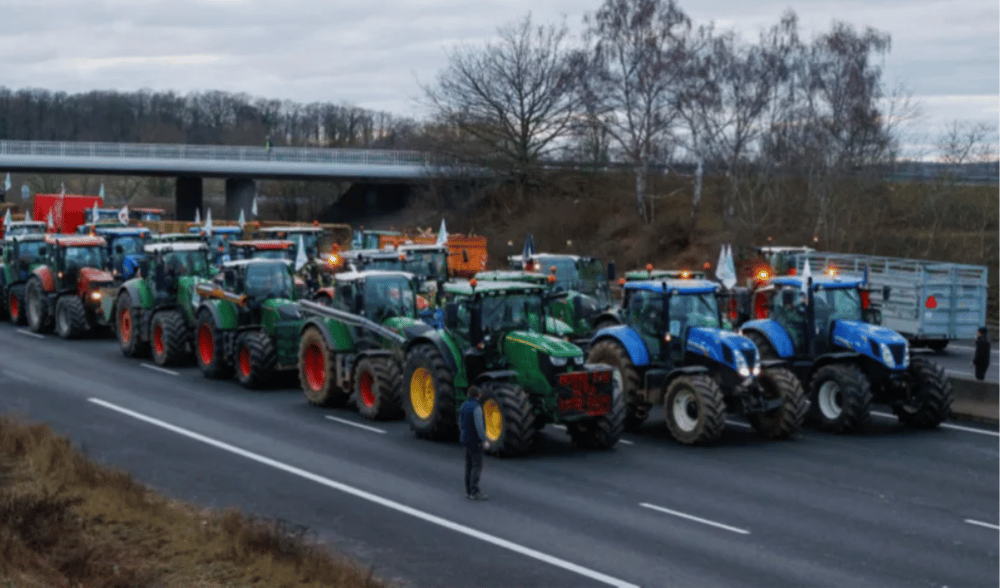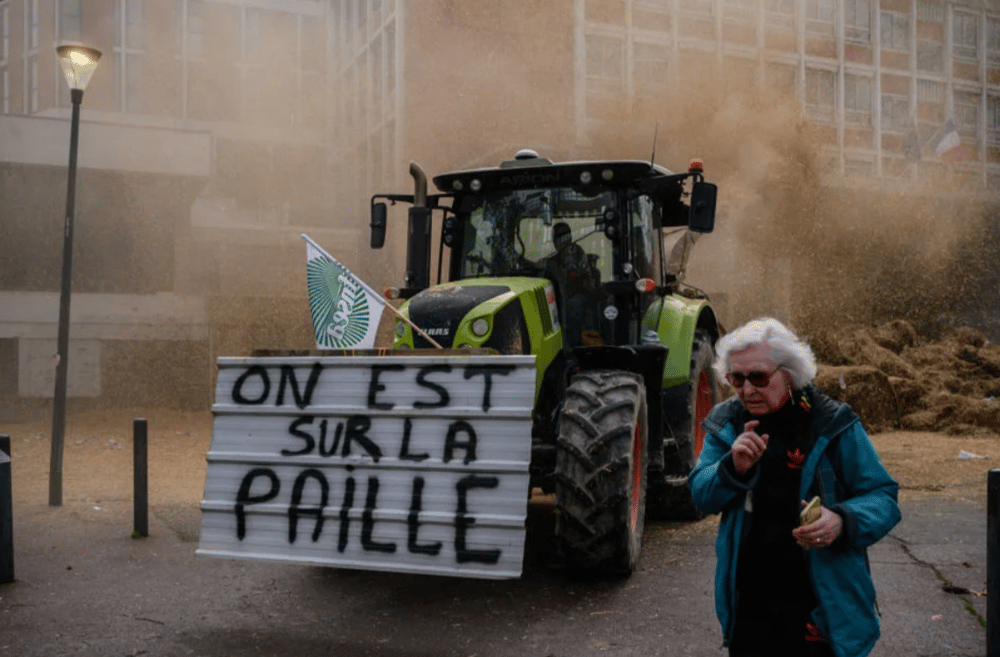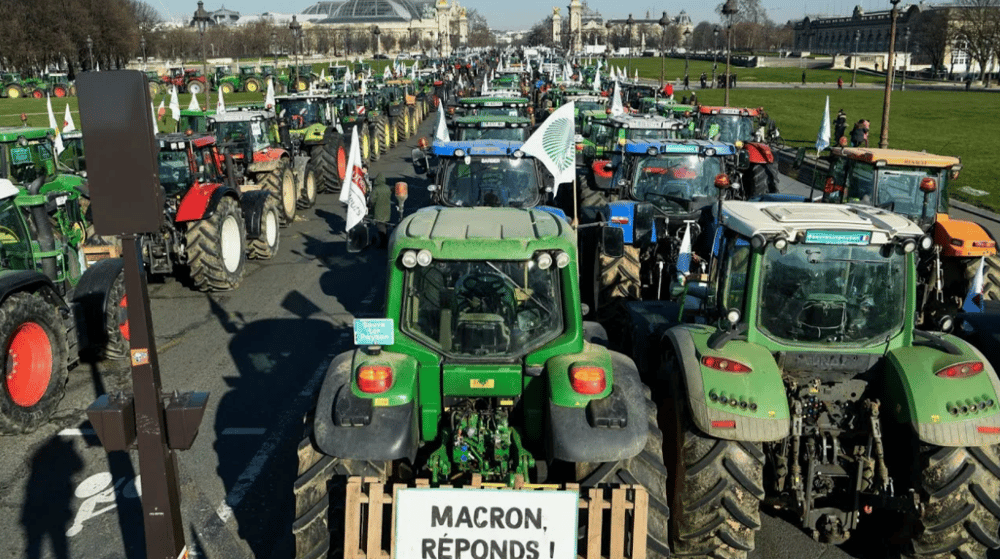French Farmers Protest Over Environmental Deregulation: EUR Policy Clash Escalates
On Monday, French farmers launched large-scale protests, blocking major roads around Paris and parking tractors outside the national parliament. The demonstrations were triggered by amendments introduced by opposition lawmakers to a draft agriculture bill aimed at loosening environmental regulations on the sector.
At the heart of the debate lies a growing rift between economic necessity and ecological responsibility. Farmers are demanding a relaxation of bureaucratic constraints that, in their view, stifle productivity and investment. Meanwhile, environmental groups argue that the proposed rollback of standards endangers biodiversity, particularly through the controversial relegalization of neonicotinoid pesticides, which are known to harm pollinators such as bees.
Deregulation Efforts Fuel Industry vs. Environment Debate
The legislation in question proposes streamlined permits for constructing livestock facilities and irrigation reservoirs, citing the need for faster deployment amid climate volatility and global food demand. Additionally, it suggests reintroducing neonicotinoid use in sugar beet cultivation, a practice banned in the European Union (EUR) due to its ecological risks.
For farmers, these changes are a response to declining margins, increasing regulatory compliance costs, and a perception of policy alienation from decision-makers in Brussels and Paris. However, the environmental rollback has sparked fierce criticism from green NGOs, policy advisors, and parts of the public sector.
The proposed bill is emblematic of broader EU-wide debates over the Green Deal and Common Agricultural Policy (CAP), as agricultural lobbies push back against tightening ecological mandates at a time of geopolitical instability and inflationary pressure in the EUR zone.

Quick Facts
Farmers protested across Paris with tractors and roadblocks on Monday.
Proposed law includes easing permits for animal farming and irrigation infrastructure.
Draft bill allows temporary reauthorization of neonicotinoid pesticides for sugar beets.
Environmental groups warn of biodiversity loss, especially among pollinators.
The dispute reflects wider tensions between EU climate goals and rural economic policy.
Reactions and Market Outlook: Political and Economic Implications
The protests have intensified scrutiny on the French government’s agricultural policy, with President Emmanuel Macron’s administration walking a political tightrope between appeasing rural discontent and upholding EU-wide environmental commitments.
Public reaction has been polarized. Rural constituencies largely support the measures as a lifeline for farm viability, while urban and green-oriented voters criticize the proposals as regressive and short-sighted. Economically, the standoff underscores the fragile balance between regulatory stability and food production sustainability in one of Europe’s largest farming economies.
Though the protests had limited impact on EUR markets, prolonged unrest could affect supply chains, especially in livestock and sugar sectors. Investor attention remains focused on how France navigates these domestic pressures without breaching EU environmental law.

Key Points
Legislation aims to simplify construction permits for livestock farms and irrigation dams.
Relegalization of neonicotinoids is central to controversy, with documented ecological risks.
Farmer protests reflect rural backlash against EU regulatory tightening.
Macron's government faces dual pressure from agriculture lobbies and climate advocates.
Market implications remain limited, but prolonged disruption could strain agri-exports.
France's Agricultural Policy at Crossroads Between Growth and Green
The French agricultural reform protests underscore the growing global challenge of reconciling productivity with sustainability. As France pushes for regulatory relief under economic strain, it risks unraveling hard-fought environmental protections embedded in EU law.
Balancing these competing interests will require multilateral dialogue, evidence-based policymaking, and a long-term vision that safeguards both rural livelihoods and ecological integrity. The outcome of this debate may serve as a precedent across the EU for future agricultural-environmental compromises.















Comments
It underscores how rapidly evolving strategies are influencing the future of intelligent systems